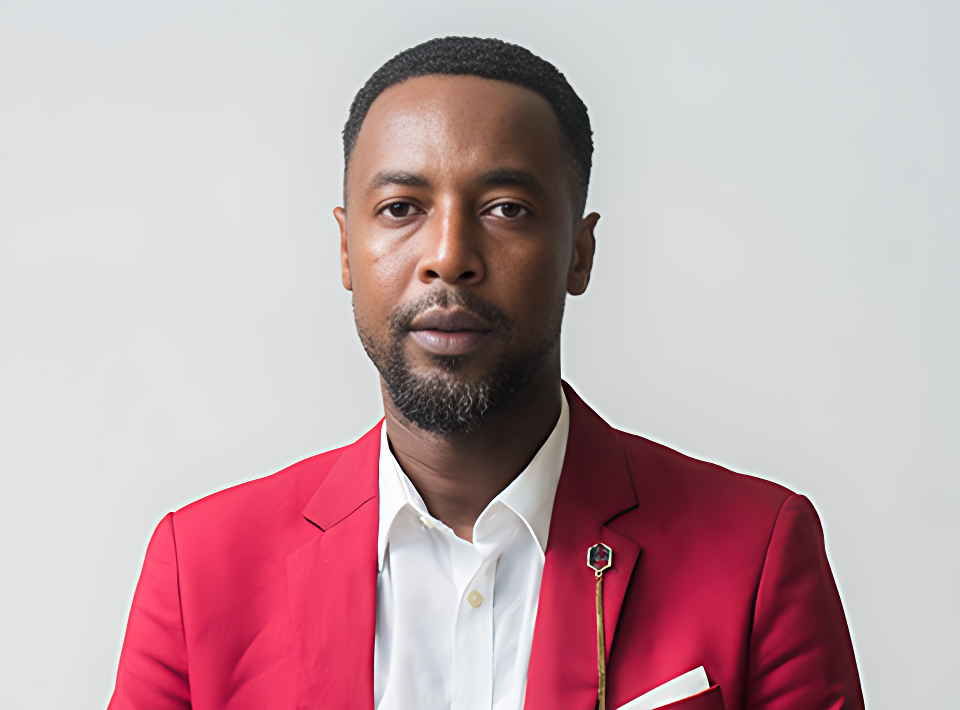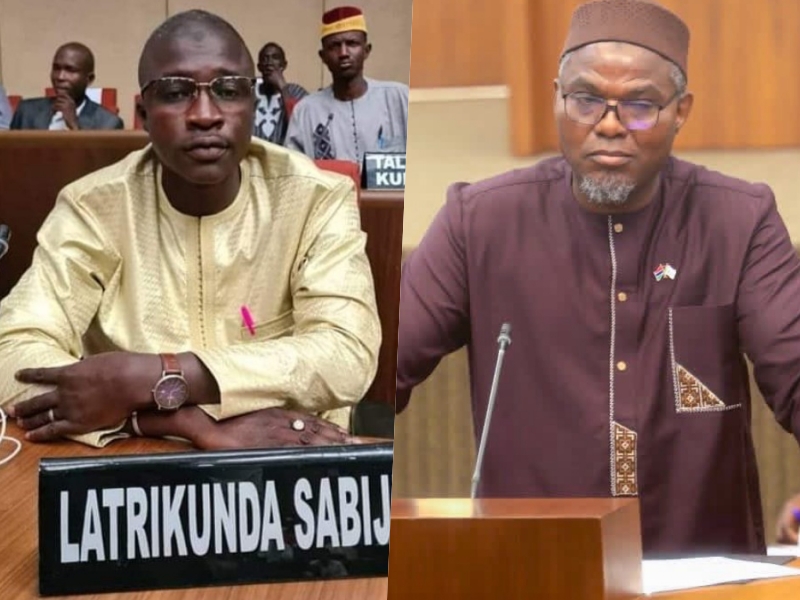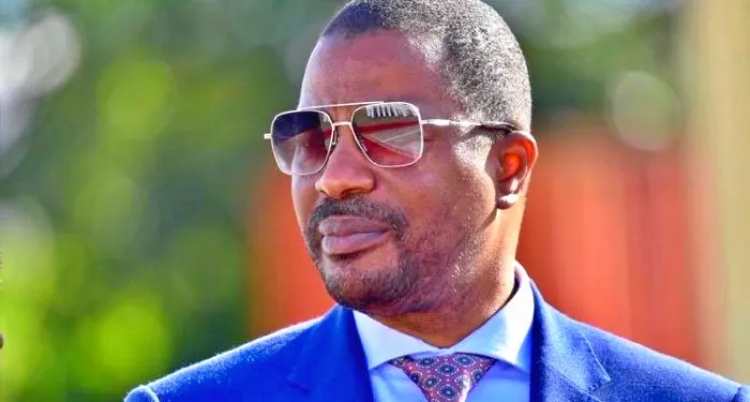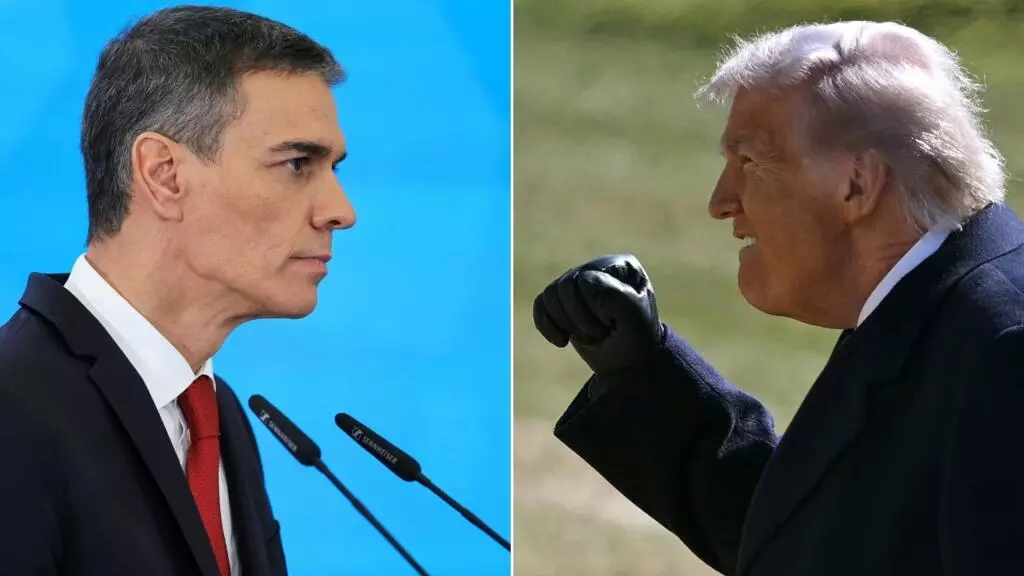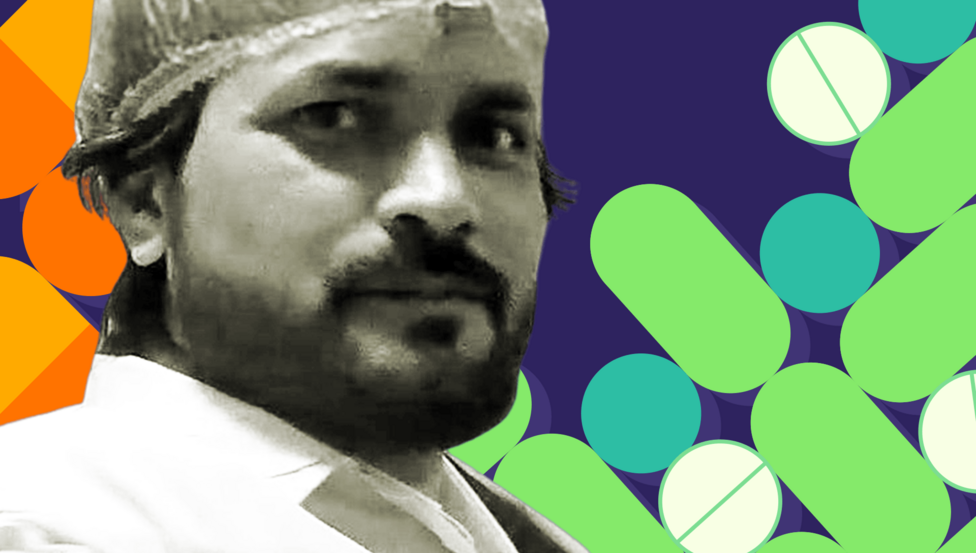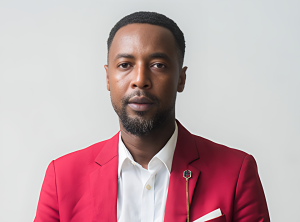Gambiaj.com – (LONDON, United Kingdom) – A BBC investigation has uncovered that an Indian pharmaceutical company is manufacturing unlicensed, highly addictive opioids and illegally exporting them to West Africa, fueling a worsening public health crisis across Ghana, Nigeria, and Côte d’Ivoire.
Aveo Pharmaceuticals, based in Mumbai, produces a dangerous combination drug containing tapentadol, a powerful opioid, and carisoprodol, a banned muscle relaxant. The drug, which has no medical license anywhere in the world, has been found widely available on the streets of several West African cities.
“This is business.”
Undercover footage obtained by the BBC shows a senior Aveo executive, Vinod Sharma, admitting the drug is “very harmful” but justifying its distribution as a business opportunity. When an undercover BBC operative, posing as a Nigerian supplier, mentioned plans to sell the drug to teenagers, Sharma did not express concern. Instead, he explained that the drug induces relaxation and a euphoric high.
The BBC’s investigation traced Aveo’s products, branded under names like Tafrodol, TimaKing, and Super Royal-225, from Mumbai’s factories to Ghana’s streets, where they are being sold as cheap alternatives to tramadol. In Nigeria, where opioid abuse is rampant, teenagers reportedly dissolve the pills in alcoholic energy drinks to heighten the effects.
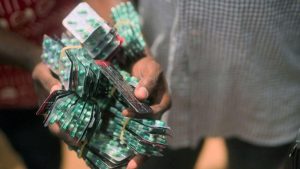
Publicly available export data shows Aveo and a sister company, Westfin International, have shipped millions of these unlicensed pills to Ghana and other West African nations. The drug’s devastating impact is evident: in cities like Tamale, Ghana, addiction has become so widespread that local leaders have formed volunteer task forces to raid drug dealers and confiscate the pills.
A Growing Public Health Catastrophe
Experts warn that the tapentadol-carisoprodol combination is more dangerous than tramadol, which was previously the most abused opioid in the region. Dr. Lekhansh Shukla, a professor at India’s National Institute of Mental Health and Neurosciences, described the cocktail as a “very dangerous combination” that can cause respiratory failure, seizures, and severe withdrawal symptoms.
In Nigeria, the National Drug Law Enforcement Agency (NDLEA) has described the opioid epidemic as “devastating our youths, our families, and every community.” The government previously cracked down on tramadol imports, but Aveo’s introduction of tapentadol-based pills has allowed the illicit opioid market to persist.
Regulatory Failures and Global Responsibility
The Indian pharmaceutical regulator, the Central Drugs Standard Control Organization (CDSCO), has acknowledged the issue and stated that it is committed to preventing malpractice. However, it placed responsibility on importing nations to strengthen their own regulatory systems.
Aveo Pharmaceuticals and Vinod Sharma did not respond to requests for comment.
As West African communities struggle to curb opioid abuse, BBC’s investigation highlights a stark reality: while local activists burn seized drugs in public to deter dealers, Aveo Pharmaceuticals continues to mass-produce and export these deadly pills—turning addiction into a lucrative industry.



